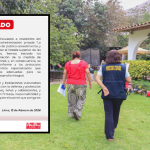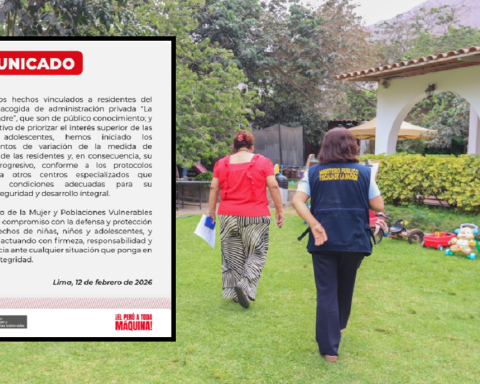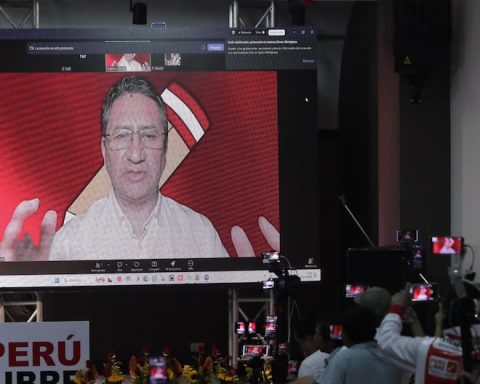A new bill presented by pro-government deputies seeks to establish Differentiated closing times for malls in Chile, depending on the time of year and holidays. This proposal, which is in its first administrative process, has reopened a debate pending since 2021, facing divided opinions between those who defend the reduction of working hours and those who warn about its possible negative impacts on trade.
Schedules proposed by the initiative
He project Led by deputies Camila Musante, Luis Cuello, Andrés Giordano and Ribén Santana, it proposes specific schedules for summer and winter. During the winter months, from May to October, the malls would close at 7:00 p.m. on weekdays and at 5:00 p.m. on Sundays and holidays. In summer, from November to April, the hours would be extended until 8:00 p.m. and 6:00 p.m., respectively.
Furthermore, on the eve of important festivities such as Christmas and New Year, it is proposed that shopping centers conclude their activities at 6:00 p.m., limiting the extended days typical of these dates.
Reactions from the trade
The proposal has not been well received by representatives of the tradewho assure that these modifications would significantly affect the income of workers and companies. According to industry figures, about 80% of mall employees depend on sales commissions, and peak hours represent approximately 37% of daily profits.
José Pakomio, president of the National Chamber of Commerce (CNC), expressed his concern, noting that “the political world should consider the current complex economic scenario before promoting discussions like this.” Likewise, he warned that a reduction in schedules could encourage the growth of informal trade and job losses.

Impact on workers
From the commerce it is highlighted that many employees would see their income affected, since commissions are a fundamental part of their salaries. In addition, unions fear that a hasty implementation of this law could generate job uncertainty, especially at a challenging economic time for the country.
On the other hand, the promoters of project argue that reducing hours could benefit workers by improving their quality of life, allowing them to spend more time with their families and reducing the stress associated with extended hours. They also consider that this change would be a step towards the modernization of working conditions in Chile.


















